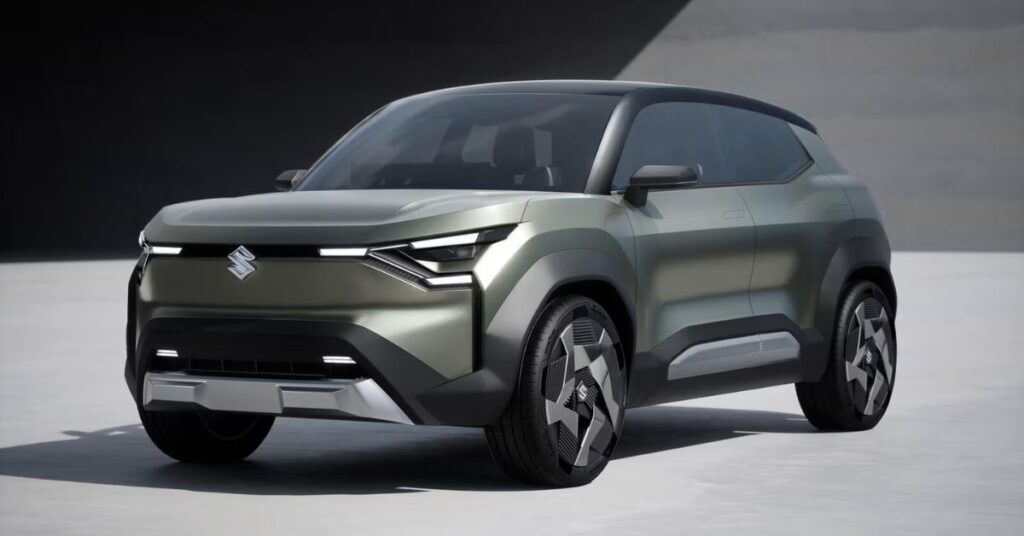Maruti Suzuki is set to make a significant stride into the electric vehicle (EV) market with the impending launch of its debut electric SUV, the eVX, in India next year. Constructed from the ground up, this EV will be manufactured at Maruti Suzuki’s Gujarat plant, underscoring the company’s commitment to local production. The eVX is not only slated for the domestic market but will also be exported to various international destinations.
In a strategic collaboration with Toyota, Maruti Suzuki is jointly developing the eVX, with Toyota planning to introduce its own version in 2025. The shared platform aims to leverage synergies and technological advancements for both automakers.
One of the key differentiators for the eVX is its high degree of localization, including the production of batteries and motors at the Gujarat facility. Rahul Bharti, Executive Director of Corporate Affairs at Maruti Suzuki, emphasized the company’s dedication to ensuring a competitive pricing strategy by integrating a substantial amount of locally sourced components. He stated at the India EV Conclave that “it is not enough to simply launch a model with imported batteries and motors. Our plan is that when we launch an EV, it should be locally made.”
The Gujarat plant, which already produces batteries for hybrid vehicles, is gearing up to manufacture batteries specifically for EVs. This approach aligns with Maruti Suzuki’s vision to not only cater to the burgeoning domestic EV market but also to export the eVX to international markets, bolstering the brand’s global footprint.
With the aim of achieving an aggressive price point, Maruti Suzuki’s commitment to localization is a strategic move. The company is already exporting batteries to other countries from its Gujarat facility, with exports expected to reach Rs 1,000 crore by the next year.
While the eVX sets its sights on the Indian market, it faces stiff competition from rivals such as the Tata Nexon EV and the MG ZS EV. Moreover, the imminent entry of the Creta EV adds another dimension to the competitive landscape, making pricing and local production pivotal factors in Maruti Suzuki’s strategy for establishing a strong foothold in the electric vehicle segment.
Read More:

